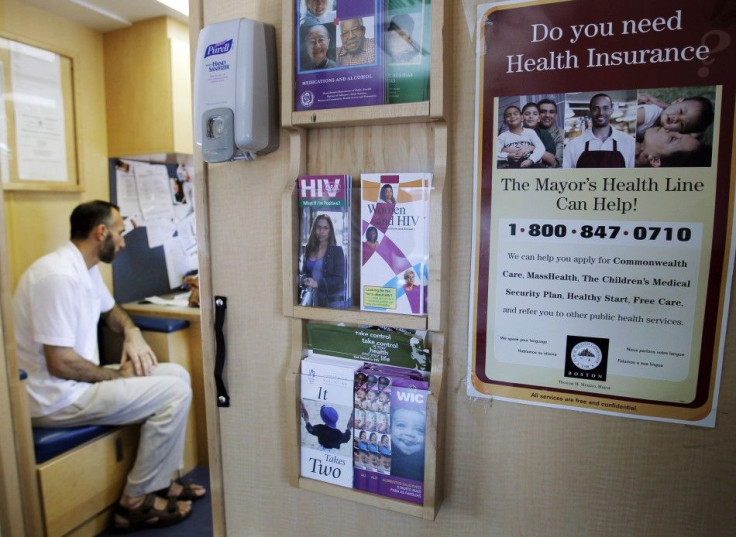World AIDS Day 2011: New York Recommends Earlier HIV Treatment

To mark World AIDS Day on Thursday, New York City released a new recommendation that every person diagnosed with HIV start taking medication right away, rather than waiting until the virus progresses to AIDS and the immune system weakens.
The existing protocol, in which levels of CD4 white blood cells are used to determine when the disease has progressed enough to start treatment, is an anachronism, Michael Saag, an AIDS researcher at the University of Alabama at Birmingham and the former chairman of the HIV Medicine Association, told The Associated Press.
The response among HIV experts like Saag was almost universally in favor of the city's new recommendation. The high cost of HIV treatment -- up to $15,000 a year -- is a practical concern, but from a medical standpoint, the benefits of early treatment are clear.
Nobody I know who is an HIV expert feels that it's a bad idea to treat HIV at high CD4 counts from a medical or scientific standpoint, Joel Gallant, the vice chairman of the HIV Medicine Association, said. If there are objections, they'd usually be based on cost or feasibility.
In terms of feasibility, critics note that, aside from the cost, HIV medications can have side effects ranging from nausea to long-term organ damage. If patients start taking them in the early stages of infection but don't take them consistently for the rest of their life, they could become resistant to the drugs, which would create a public-health crisis if drug-resistant strains of HIV began to spread.
Early Treatment Benefits/Risks
But most doctors say the benefits of early treatment outweigh the risks: patients who start treatment right away not only live longer, but also are 96 percent less likely to infect sexual partners. Also, modern HIV drugs are much safer and have fewer side effects than older drugs.
There will be some increasing costs over the short term, but over the long term, it's absolutely the right thing for the epidemic, New York City Health Commissioner Thomas Farley said of the city's decision to recommend early treatment. I'm more optimistic now than I've ever been about this epidemic that we can drive our new rates down to zero or close to it, eventually. I don't know how soon, but I'm very optimistic of the direction that it's going to take the epidemic to.
For some people, the cost of early treatment will be covered by private insurance. Others will have to rely on New York's AIDS Drug Assistance Program, which is federally funded and provides HIV drugs to uninsured or underinsured patients.
On Thursday, the same day that New York City announced its new recommendations, President Barack Obama announced that he would increase federal spending on AIDS treatment by $50 million. Most of that money, $35 million, will go toward the AIDS Drug Assistance Programs in New York and other states, and the rest will go to HIV clinics in areas with the most new infections and the least access to treatment.
Farley and other health officials told The Associated Press that the government would actually save money in the long run because the investment in early treatment will reduce the number of HIV-related hospitalizations.
Saag also noted that many HIV drugs will soon be available in generic form, which will greatly reduce the cost.
© Copyright IBTimes 2024. All rights reserved.





















